Piping Stress Analysis is the scientific or engineering study of all the stresses generated in a piping system. Now from where this stress comes? From the mathematical definition of stress, we all know that Stress is the Reaction Force per unit area. So, this clarifies that piping stresses are generated because of some kind of loads or forces in the piping system. The forces the piping system faces are categorized into two distinct groups.
- Primary loads and
- Secondary loads.
In this article, we will study the differences between these two types of load categories.
What is a Primary Load in a Piping System?
Normally Force driven loads are called Primary loads. These loads are generated due to gravitational forces, internal or external fluid pressure, spring forces, relief valve discharge, pressure waves during water hammer or surge effects, etc. Hence, Primary loads originated due to some kind of force acting on the piping system. A large value of Primary loads creates plastic deformation leading to catastrophic failure. In a catastrophic failure, each individual crystal is subjected to stresses that the body can not withstand and causes rupture.
What is a Secondary Load in a Piping System?
Secondary loads are usually displacement-driven loads. These loads are generated due to some kind of displacements imposed in the piping system, for example, thermal expansion, settlement, anchor movement, vibration, etc. Most of the time (not always, for example, tank settlement) these are cyclic in nature. Such kind of loads normally results in fatigue failure. In fatigue failure, the grains collectively fail because of incremental damage done by each cycle.
Primary Load vs Secondary Load
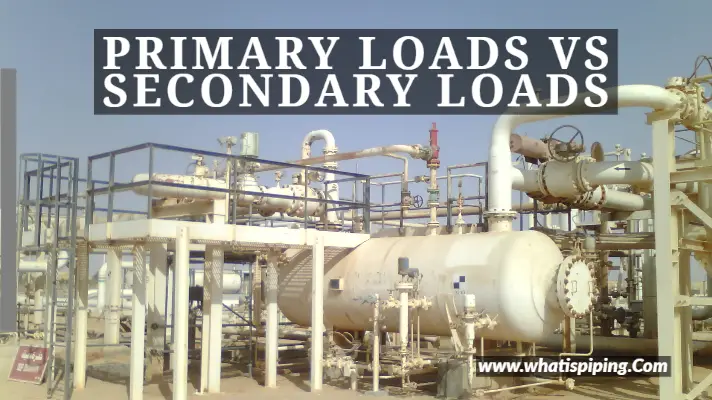
The following table lists the major differences between primary and secondary loads.
| Sr No | Parameter | Primary Loads | Secondary Loads |
| 1 | Definition | Primary loads are Force Driven | Secondary loads are Displacement Driven |
| 2 | Self-Limiting Nature | Primary loads are not self-limiting. Once plastic deformation begins it continues until force equilibrium is achieved through changes in boundary conditions or by material strain hardening or until the element fails catastrophically. | Secondary loads tend to dissipate as the system deforms through yielding and hence such loads are self-limiting. |
| 3 | Cyclic Nature | Primary loads are Non-Cyclic in nature | Secondary loads are Cyclic (except Settlement) |
| 4 | Failure Modes | Catastrophic, Quick, and Sudden. Failure by primary loads is based on one or more failure theories like Von Mises, Tresca, or Rankine Theory. | Fatigue and non-catastrophic in nature. Failure is not sudden and time taking. |
| 5 | Failure due to a single application of load | A single application of excessive primary load (example pressure) may cause design failure by gross plastic deformation and rupture | Failure never happens because of a single application of load. Normally it takes a high number of load applications for failure to occur. |
| 6 | Allowable Stress Values as per Process Piping Code | Allowable stress values for stresses generated by primary loads (Primary Stresses) are normally less and limited by Sy (Yield Stress) at maximum temperature. | Allowable stress values for stresses generated by secondary loads (Secondary Stresses) are normally more than Sy. |
| 7 | Load Duration | Few primary loads like Weight are always present in the piping system throughout the plant life. | Secondary loads are normally present only when the plant is operating. |
Few more useful resources for you..
Differences between ASME B 31.4 and ASME B 31.8
13 major differences between Seamless and Welded Pipe
10 Differences between Pressure and Stress
Difference between Tee and Barred Tee
Difference between Stub-in and Stub-on Piping Connection
Difference between Centrifugal and Reciprocating Compressor
Difference between PDMS and PDS
Difference between Piping and Pipeline
Difference between Pipe and Tube
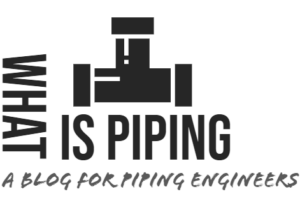
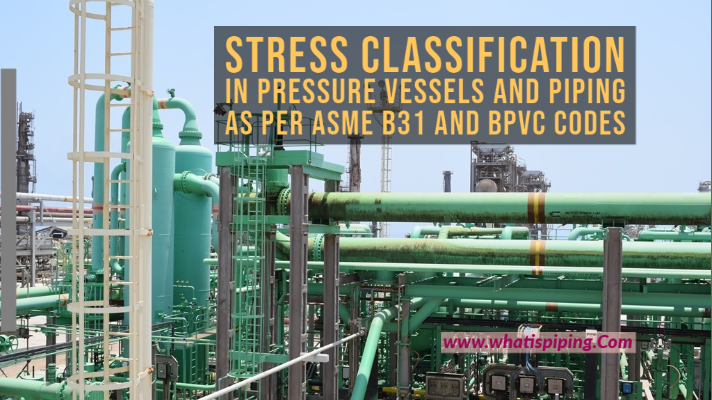


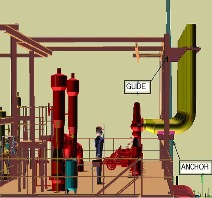
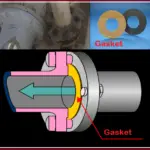
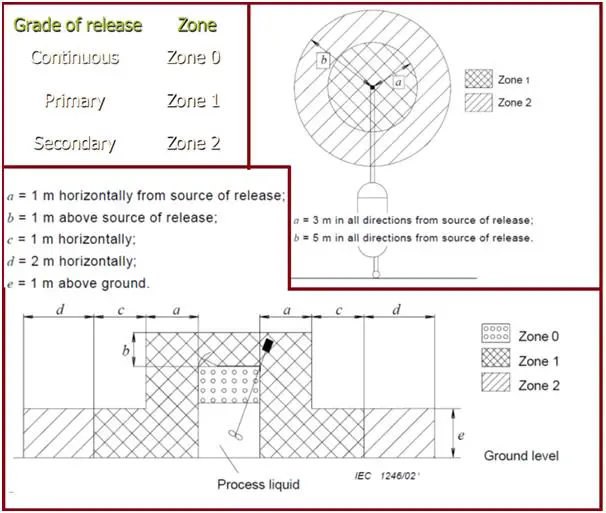


Simple but fantastic explanation about self-limiting nature!!
Very Informative and summarised in a good way!
Perfectly explain as it should be. Thanks a lot
Hello Sir,
I have a basic question.
does primary load induce secondary stress..?